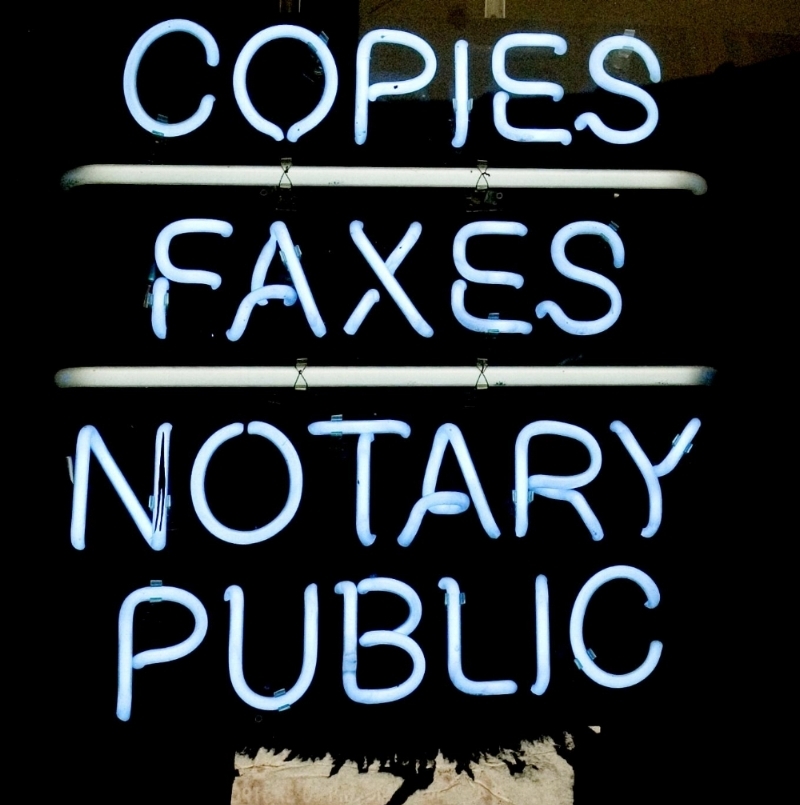
Commissioning a Document
In Ontario, a Commissioner for Taking Oaths is permitted to commission a Statutory Declaration or an Affidavit by first verifying the identity of the individual having the document commissioned, and then administering the oath.
The Ontario Commissioners for Taking Affidavits Act provides that an individual who is permitted to practice law in Ontario is automatically a Commissioner of Oaths in Ontario. The Commissioner of Oaths need not stamp the document, as their signature will suffice.
What is a Statutory Declaration and an Affidavit
A Statutory Declaration is a document containing statements verified by solemn declaration (not an oath); while an affidavit is a similar document verified by swearing/affirming an oath and is typically used in court.
How is an oath administered?
The Commissioner will first verify your identity; therefore, you will be required to show at least one piece of government-issued identification. After you have read and understood your Statutory Declaration/ Affidavit, you will be required to:
for a Statutory Declaration: the Commissioner will ask you if you make the solemn declaration conscientiously believing it to be true and knowing that it is of the same force and effect as if made under oath.
for an affidavit: the Commissioner will ask you if you swear/solemnly affirm and declare that the contents of the affidavit as subscribed by you are true [so help you God ] (only if you are swearing).
The Commissioner will ask you to sign the document in their presence, and will then sign/commission the document. The Commissioner will not sign the document if it has already been signed, and if it has, you will be required to resign the document before the Commissioner.
Notarizing a Document
In Ontario, a Notary Public has all of the powers of a Commissioner of Oaths, and is also permitted to notarize (or certify) a document. This means that a Notary Public is able to: witness the signing of documents by first verifying the identity of the signor; and, certifying a document as a true copy of the original document.
Notarization
In order for a Notary Public to notarize your signature/document, you will need to sign the document in their presence. The Notary Public will first have to verify your identity and then you can sign the document. Once the document has been signed, the Notary Public will sign the document and affix their seal.
Certification
When working on various applications, you'll be required to submit supporting documentation such as a passport, birth certificate, driver's licence, or academic record. In these cases, instead of submitting the original document, a certified true copy of the document will be adequate. A Notary Public can photocopy your original document and certify it as a true copy of the original by affixing their seal on the document.